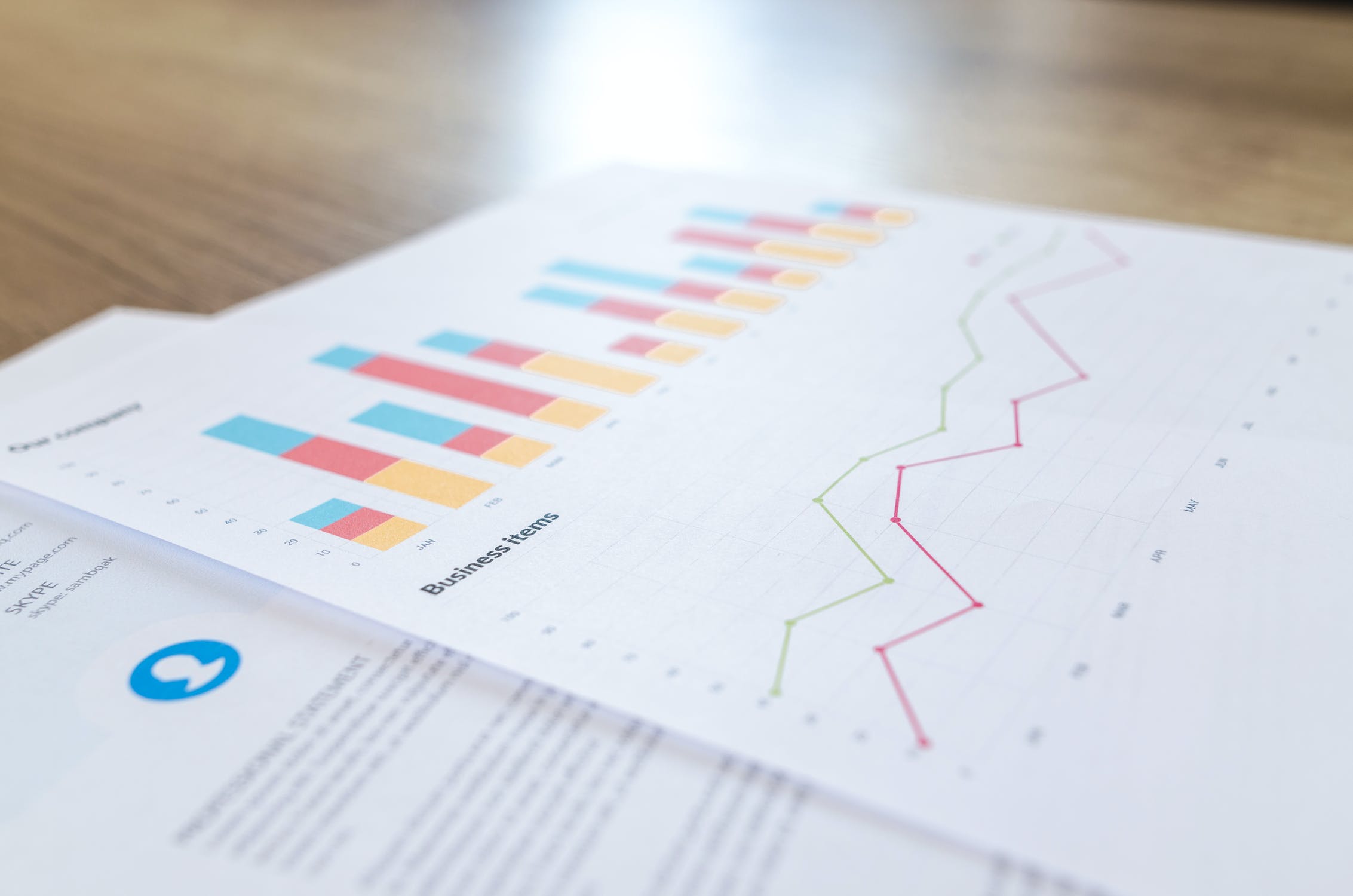Since COVID-19 ramifications continue to impact the major economies of Africa, technology undertakings need state support in those countries. Clear frameworks and operational support for start-ups are among Africa’s best ways of helping digital firms survive and flourish in the coronavirus crisis — and improving their environment over the long term. Africa has dozens of thriving startup ecosystems which survive in this crisis, but they need a boost now more than ever. Because of the current economic downturn, the gains made by founders so far are at risk.
In Sub-Saharan Africa alone economic growth is estimated by the World Bank to fall from -2.1% to -5.1% this year. If it is, then in a quarter of a century the region will experience its first recession. Now is the time for something in many African countries that were already long overdue: political leaders need to fund start-ups by national start-ups.
Running e-commerce companies in crowded cities in Africa can become an unpleasant activity because of simple infrastructure shortages and a reluctant customer base. Take Nigeria — the largest Internet market in Africa where e-commerce companies are faced with inadequate logistics, informal home addressing and confusion about the real market size for the addressable. These issues are also often seen on other markets in Africa and often make business unsustainable. In the last year, “Jumia,” the world’s largest e-commerce provider, shut down its businesses in Rwanda, Tanzania and Cameroon.
While Africa has a billion-dollar IPO for an e-commerce company and the penetration of the smartphone is that, shopping online remains a fantastic opportunity for most popular Africans. Even Jumia, backed up by Goldman Sachs and MasterCard and once valued by passionate investors shortly after its IPO at more than $4 billion, was brought to the ground by promises of the continent’s hard and underdeveloped markets.
Although there are some interested buyers, e-commerce players still have to create viable businesses in a space where shopping offline is still comfortable or where the advantages of online shopping, like waiting times or the confidence factor required on the online payment, are not yet fully convinced. However, in many pockets, lockdowns across the continent during the continuing pandemic of Covid-19 help to accelerate changes in consumer behaviour that need to be explored.
It is an influence that also extends to businesses (B2B). Sokowatch operates in Kenya, Tanzania, Rwanda, and Uganda, providing informal shops and kiosks with products in low-income communities and reports on higher stocks in local stores than traditional suppliers.




